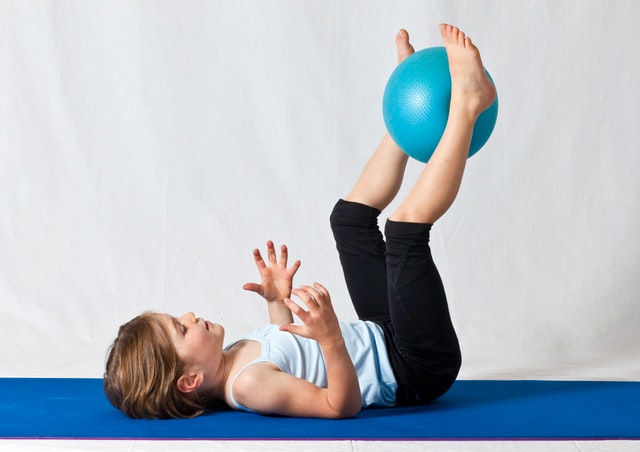Running Towards Better Health
Running is a powerful tool for those who are looking to take care of their health. However, it can be very difficult to start your running journey.
Why is running good for you? Running for at least 10 minutes daily has been found to significantly decrease an individual's risk of developing cardiovascular disease. It also helps to reduce the risk of developing diabetes and eases symptoms of depression and anxiety. A study conducted by Damrongthai et al. found that running conferred more mental health benefits as opposed to other types of exercise (like pedaling). Ten-minute single-bouts of moderate-intensity running were found to elicit positive moods and increased executive function by enhancing arousal to brain regions involved in mood regulation. While this study was limited in its sample size and participant selection– which were all right-hand dominant Japanese speakers), the psychological benefits of running have been well documented. This population sample limits the generalizability of this particular study, which is why other studies were used to document the benefits of cardiovascular activity on mental and physiological health.
Why is running good for you? Running for at least 10 minutes daily has been found to significantly decrease an individual's risk of developing cardiovascular disease. It also helps to reduce the risk of developing diabetes and eases symptoms of depression and anxiety. A study conducted by Damrongthai et al. found that running conferred more mental health benefits as opposed to other types of exercise (like pedaling). Ten-minute single-bouts of moderate-intensity running were found to elicit positive moods and increased executive function by enhancing arousal to brain regions involved in mood regulation. While this study was limited in its sample size and participant selection– which were all right-hand dominant Japanese speakers), the psychological benefits of running have been well documented. This population sample limits the generalizability of this particular study, which is why other studies were used to document the benefits of cardiovascular activity on mental and physiological health.
Image Source: qimono
When you first begin running, it is important to start at your own pace. Pushing yourself too hard, in the beginning, may result in serious injury. Thus, a game plan is key! Figure out what times throughout the day work best for you, find interesting music or podcasts to listen to while you run, and determine stretches that are feasible for you to practice before and after you start running. Coming up with a plan that meets your needs will allow you to stay consistent and maintain a regular running schedule. It is often helpful to build a support system to motivate yourself and keep track of your progress.
If you are a brand new runner, it may be helpful to get into a regular exercise habit by starting off with daily walks. Stationary bikes and elliptical trainers are other options that can get your body into this daily habit. After you begin, it is important to set goals to maintain your motivation. Your goals may be to increase the distances or length of time that you walk. For example, you may start off by walking for 15 minutes a day and your goal may be to eventually be able to run for 20 minutes. This will take time and it will require rest so that you do not injure your bones, muscles, or tendons. It is so important that you take the time your body needs to reach this goal, do not push your body to do too much, too soon! Getting into the habit of daily exercise takes time and requires regular practice.
It can be difficult to find times to run throughout the day. If you are busy, I would recommend trying different times throughout the day. If it is too difficult for you to wake up early to run, try running immediately after work or during your lunch break. It is also helpful to set out your clothes the day before and start immediately after you get home or wake up. The less you think about your routine, the more likely you will be to get out and finish your run.
If you are a brand new runner, it may be helpful to get into a regular exercise habit by starting off with daily walks. Stationary bikes and elliptical trainers are other options that can get your body into this daily habit. After you begin, it is important to set goals to maintain your motivation. Your goals may be to increase the distances or length of time that you walk. For example, you may start off by walking for 15 minutes a day and your goal may be to eventually be able to run for 20 minutes. This will take time and it will require rest so that you do not injure your bones, muscles, or tendons. It is so important that you take the time your body needs to reach this goal, do not push your body to do too much, too soon! Getting into the habit of daily exercise takes time and requires regular practice.
It can be difficult to find times to run throughout the day. If you are busy, I would recommend trying different times throughout the day. If it is too difficult for you to wake up early to run, try running immediately after work or during your lunch break. It is also helpful to set out your clothes the day before and start immediately after you get home or wake up. The less you think about your routine, the more likely you will be to get out and finish your run.
Featured Image Source: Venti Views
RELATED ARTICLES
|
Vertical Divider
|
Vertical Divider
|
Vertical Divider
|






